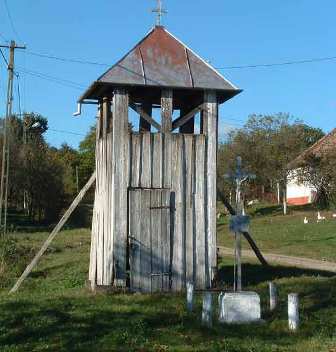Altringen (German) – Altring (German) – Kisrekas (Hungarian) – Kisrecas (Hungarian) – Altringen, Romania (Official)
Timis County – Western Romania
About 46km from Timisoara.
Altringen is administered by Bogda (Neuhof).
Altringen Village Chairman / H.O.G.: Unknown.
Local Accommodations: Casa Altringen www.casaaltringen.ro/home_en.html .
Between 1770 – 1771 the old village was subject to colonization by German General Johann Altringen, a period in which the entire Banat is subject to colonization by Germans. General Altringen, acting governor of the Banat, ordered the establishment of several villages for German settlers in this area. These Charlottenburg (named after his wife) and Altringen. To make room for German settlers, the native population was relocated to other villages. Altringen Romanians continued to use the name or Recheşel Recăşel until the interwar period.
The Neumannsche settlement resulted in 1770 establishing the following villages: Kleinjetscha, Heufeld, Mastort, Marienfeld, Albrechtsflor und 1771 zur Besiedlung des Berksowatals: Buchberg, Neuhof, Altringen, Charlottenburg, Königshof, Blumenthal and the villages of the Arader Land Segenthau, Wiesenhaid, Kreuzstätten and the French villages Sankt-Hubert, Seultour und Charleville. (Source: Quellennachweis: Donauschwäbische Geschichte. Das Jahrhundert der Ansiedlung 1689-1805 von Oskar Feldtänzer) [Note: Von Neumann, official with the Transylvanian Salt Depot in Lippa].
In 1910 the Germans accounted for 88% of the population of Altringen. After the Second World War their number decreases rapidly. By 1992 the Germans had migrated completely. Romanian people are the majority today, most of whom emigrated from other parts of Romania.
Today the village is predominantly a holiday village in the city. Recently opened hostel arranged here and a Swabian style.
Catholic Church Name: St Anne, Branch of Neuhof (Churches of the Banat)

Last updated: 08/08/2025
